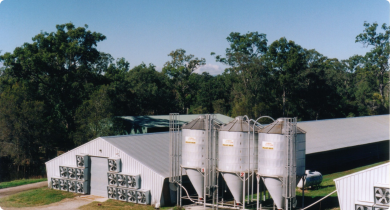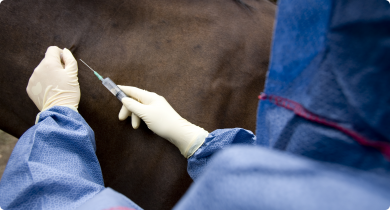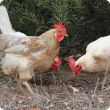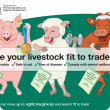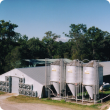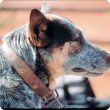Emergency animal disease preparedness
The Department of Agriculture and Food, Western Australia (DAFWA) is responsible for the management of an emergency animal disease in Western Australia. DAFWA will also be involved as part of the national response to an emergency animal disease in another state or territory. Emergency animal diseases (EADs) include diseases that are exotic to Australia, new and emerging diseases that are of national significance and can also include serious outbreaks of diseases that are endemic in the state, for example, anthrax.
Prevention of entry, early detection and rapid response management are recognised as the most cost effective methods of managing EADs. Rapid response management involves having the appropriate policies and procedures in place, building a competent trained response team and empowering industry to be actively engaged in the recognition of, response to and recovery from EADs.
DAFWA also has responsibilities under the national Emergency Animal Disease Response Agreement (EADRA) with respect to notification of a suspect EAD and preparedness and response activities. This agreement between government and industry underpins Australia’s emergency preparedness and response processes.
Reports of suspect emergency animal diseases should be made to your nearest DAFWA veterinary officer or stock inspector, or contact the emergency disease watch hotline on 1800 675 888 (free call 24 hours).
Filter by search
Filter by topic
- Biosecurity & quarantine (34) Apply Biosecurity & quarantine filter
- Biosecurity (33) Apply Biosecurity filter
- Livestock disease surveillance (32) Apply Livestock disease surveillance filter
- Livestock biosecurity (31) Apply Livestock biosecurity filter
- Livestock & animals (28) Apply Livestock & animals filter
- Livestock species (22) Apply Livestock species filter
- Livestock management (9) Apply Livestock management filter
- Pigs (8) Apply Pigs filter
- Emergency response (6) Apply Emergency response filter
- Livestock movement & identification (4) Apply Livestock movement & identification filter
- Horses (4) Apply Horses filter
- Beef cattle (4) Apply Beef cattle filter
- Wildlife biosecurity (3) Apply Wildlife biosecurity filter
- Sheep (3) Apply Sheep filter
- Dairy cattle (3) Apply Dairy cattle filter
- Poultry & birds (3) Apply Poultry & birds filter
- Goats (3) Apply Goats filter
- Veterinary chemicals (2) Apply Veterinary chemicals filter
- Control methods (2) Apply Control methods filter
- Chemicals (2) Apply Chemicals filter
- Residues in livestock (1) Apply Residues in livestock filter
- Stockfeed (1) Apply Stockfeed filter
- Preventing residues (1) Apply Preventing residues filter
- Camelids (1) Apply Camelids filter
- Livestock research & development (1) Apply Livestock research & development filter
- Management & reproduction (1) Apply Management & reproduction filter

